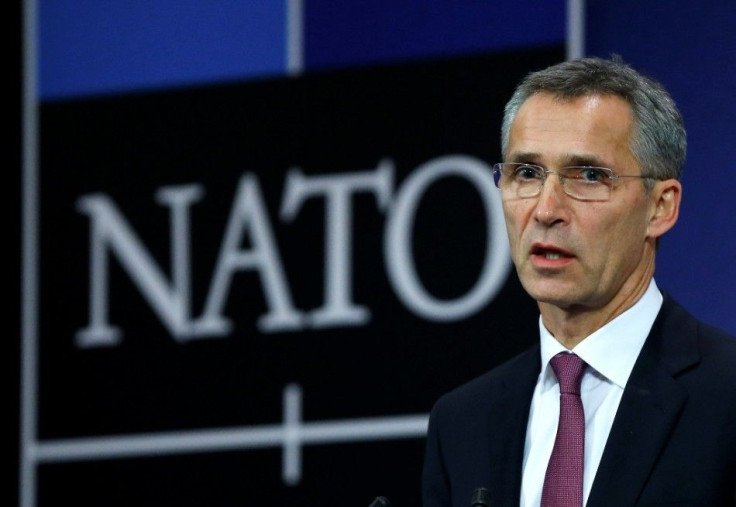NATO’s First Regional Rapid Action Headquarters To Open In Lithuania

NATO-the military alliance of the West will open its first Baltic regional headquarters for the rapid reaction force in Lithuania. This is to address the concerns in Eastern Europe and Baltic States about security, after Russia's annexation of Crimea and the ongoing unrest in eastern Ukraine allegedly backed by Russia.
Announcing this, Lithuanian Defense Minister Juozas Olekas said the regional unit will increase quick communication between national and alliance troops in the region. Danish Col. J.S. Larsen, head of the staff said the NATO headquarters would be ready to coordinate operations of a division-sized unit “in case there is a need.”
More such regional headquarters are set to come up in Poland, Bulgaria and Romania, Latvia and Estonia in line with decisions taken at the NATO Wales summit in 2014 that the alliance's presence in Baltic countries need to increase.
Rethink Essential
Olekas said the new move is part of NATO’s strategy to adapt to the new security environment, which may also require rewriting the 35-page strategy document of NATO as "one of the options.”
According to a NATO diplomat, there is no doubt that the strategy document was out dated and needs to be rewritten "reasonably soon.” He said the chill in relations with Russia would last because Putin's survival in power "is linked to permanent confrontation with the West.” But some allies, including Germany, are reluctant to change the strategy document as they feel it would estrange Russia further, and such a hostile position would undermine the truce agreement in Ukraine, the diplomat noted.
According to the Lithuanian minister “Russia is a threat for us.” He shared these views on the sidelines of the recent NATO meeting in Brussels, while adding that the alliance has not closed its door on future cooperation with Russia. But it must respect international law. Lithuania is one of three Baltic states that declared independence and moved away from the erstwhile Soviet Union in 1990 and joined NATO in 2004. Lithuania, like other Baltic states has a sizable ethnic Russian minority.
The statement by Russian prosecutor-general's office that it will review the 1991 Soviet decision to recognise independence of break away states has exacerbated the alarm in many Baltic states about their security and they fear security threat from Russia, even though Kremlin chose to play down the statement.
West’s Dilemma
Meanwhile, a recent poll by the Pew Research Center underscored that the West has a number of strengths in dealing with Putin. At the same time, it also has serious vulnerabilities that will not get better by ignoring them. Bruce Stokes and Katie Simmons in their survey found a majority of citizens in a number of key NATO states not favouring use of force to protect another alliance member in the event of Russian aggression against them. That is a valid ground to to ignore Article V of the NATO alliance’s founding charter, the Washington Treaty of 1949, which states that attack on one members will be construed as an attack on all and would be treated accordingly.
(For feedback/comments, contact the writer at k.kumar@ibtimes.com.au)






